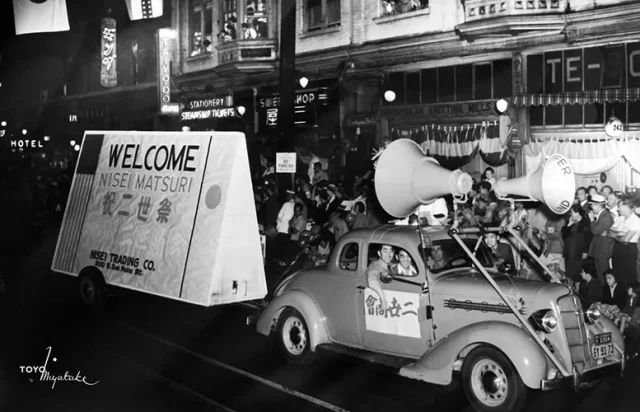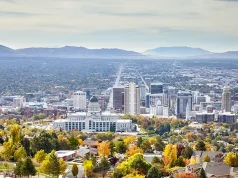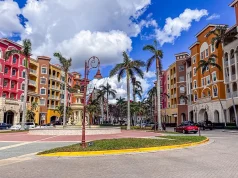
One of the oldest neighborhoods in Los Angeles is celebrating its remarkable milestone of 140 years of rich Japanese American history, filled with resiliency to remain a vibrant community. Established in 1884, Little Tokyo has endured over a century of adversities, and today is a thriving cornerstone of the Japanese American community and one of four remaining Japantowns.
Alongside this anniversary, the Little Tokyo Community Council (LTCC), a nonprofit coalition representing residents, businesses, religious institutions, arts and cultural centers and community organizations, celebrates 25 years of protecting, preserving, and promoting the character and values of the Little Tokyo historic community.
“The commemoration of 140 years of Little Tokyo’s legacy and the 25th anniversary of the Little Tokyo Community Council honors the sacrifices and contributions enabling Little Tokyo to be the vibrant neighborhood and center for arts, culture, history, business, dining, and entertainment here in Los Angeles,” said Chris Komai, Board Member of LTCC. These milestones not only pay homage to our storied past but also ignite a flame of inspiration, propelling us forward as champions of diversity, resilience and unity.”
Even though Little Tokyo welcomes over one million visitors annually, it was recently named one of the 2024’s 11 Most Endangered Places by the National Trust for Historic Preservation. As one of the last four remaining Japantowns in the United States and second oldest enclave in Los Angeles, Little Tokyo remains a vigorous community and one of only 14 California Cultural Districts despite early history of forcible removal and incarceration of Japanese Americans during World War II, urban renewal in the 1970s and threats of gentrification and displacement that has been on the rise for over two decades.
For 25 years, the Little Tokyo Community Council (LTCC) has collaborated with local stakeholders and policymakers, shaping policies and initiatives to maintain the neighborhood’s resilience. The LTCC’s dedication has earned prestigious awards and recognition, including the establishment of Go Little Tokyo, a pioneering marketing campaign supporting local businesses and cultural institutions, highlighting LTCC’s pivotal role in preserving this historic neighborhood.
Other top milestones and accolades include:
- Stopping the City of Los Angeles from constructing a jail next door to Nishi Hongwanji Buddhist Temple on First Street in 2003.
- Achieving an underground route for the Metro Regional Connector Transit project in 2011, eliminating potential subdivision of the neighborhood.
- Spearheading Sustainable Little Tokyo in 2013 with partners Little Tokyo Service Center and Japanese American Cultural & Community Center in support of the preservation of Little Tokyo through environmental, economic, and cultural sustainability.
- Advocating and winning significant mitigations from Metro due to the Regional Connector construction impacts on the neighborhood, which led to the creation of community-based marketing initiative Go Little Tokyo.
- Launching small business support initiatives including Community Feeding Community and Little Tokyo Small Business Relief Fund in response to the sudden challenges of the pandemic.
“This year as we celebrate 140 years of Little Tokyo, we recognize the tireless visionary work of generations of community leaders. Today, more than 400 small businesses—including over fifty legacy businesses—call Little Tokyo home. However, the neighborhood’s identity is continuously and chronically threatened.” said Kristin Fukushima, Managing Director of LTCC. “Legacy businesses and community organizations are integral for sustaining connections to Little Tokyo across generations. As Little Tokyo faces urgent challenges, we remain steadfastly committed to our mission of protecting, promoting, and preserving Little Tokyo, while looking to remain dynamic and embrace innovation to maintain Little Tokyo as a thriving neighborhood for all stakeholders.”





